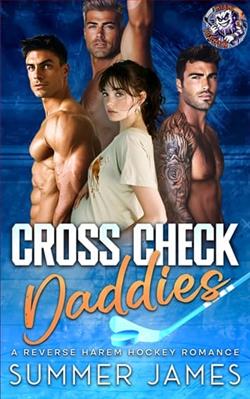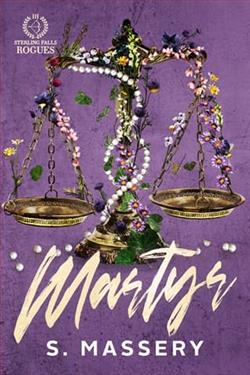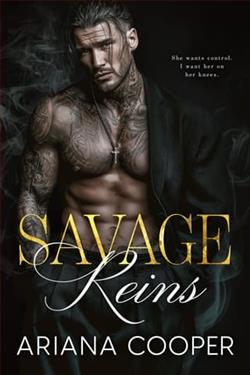Page 35 of What You Wish For
Duncan ignored it. “I am your new head of school.”
Where was the comedy? Where was the mirth? I waited for something fun to happen—anything. A balloon drop, maybe. A karaoke moment. Maybe that suit would turn out to be a rip-away.
But nothing.
“The Kempner School,” Duncan went on, in a dull, serious voice, “is a paragon. Its national reputation for nurturing creativity and diversity is unparalleled. For thirty years, this institution has been innovating, uplifting, and leading with its child-centered models for growth andlearning. You’ve inspired a whole generation of educators, and it’s a great honor for me to be here, stepping humbly into Principal Kempner’s oxfords.”
Okay. All right. Fair enough. This was a serious occasion. I could give him a few minutes of gravitas.
But his sentences sounded so formal and so stilted, more like he was reading written remarks than talking to us. More like a newscaster reading a teleprompter than a colleague. More like a robot than a human.
He went on for too long, doing most of the things that administrators do at the start of the school year—running down the perfunctory checklist of Topics to Cover.
Just as I looked over and saw Alice stifling a yawn, his tone shifted and he seemed to start building toward something. “You’ve been a leader for so many years in education—especially in areas of diversity and creativity. During my tenure, I hope to make Kempner known for leading in one more area. One that’s so often tragically overlooked. One where I have much expertise.”
Suddenly, I got it. All this stiff, bureaucratic nonsense? It was all a setup for an awesome payoff.
I knew what he was going to say.
A smile broke across my face—teeth and all.
What area did Duncan Carpenter have expertise in?
Play.
He was the king of play. Back at Andrews, he’d founded the Donut Society, invented a game called Goof-Ball, and started a club called Fits and Giggles that was basically a semester-long laughing contest. He’d started the annual faculty pie-eating competition. He’d dressed up on unannounced days in costume as, randomly, a hamster, a sandwich, and a saguaro cactus—for no reason. He’d been the instigator of countless lunchtime conga lines, sing-alongs, and food fights.
If this guy had one area of “much expertise,” it was play.
I felt a kind of brightness in my chest at the anticipation. Of course this serious-dude stuff had been a setup. Of course he must be wearingsome kind of Captain America costume under that suit. Of course a disco ball was about to drop from the ceiling.
The real Duncan Carpenter had to be in there somewhere.
Something was about to happen. I could feel it.
I nudged Alice, likeGet ready.
Then I turned back to look up at Duncan on the stage, my eyes already shining with admiration for whatever it was he was about to do. This was the moment when he would show everybody what I’d meant when I’d promised them that he was awesome.
He was about to redeem us both.
Next, he said, “Get ready, because…”
I lifted my hands, poised to clap.
And that’s when he reached inside his suit jacket and did something that I still can hardly believe to this day.
Totally unbelievable—even now.
Duncan Carpenter—one of the sweetest humans I had ever known—stood on the cafeteria stage of our little school in front of the entire faculty and staff, reached inside his suit jacket, and pulled out… a pistol.
He lifted his arm.
He pointed it at the ceiling.
And then—over the choked gasp of the entire crowd—he said, like it was some great piece ofDie Hard–like dialogue: “We are going to lead the nation in campus safety and security.”
six















